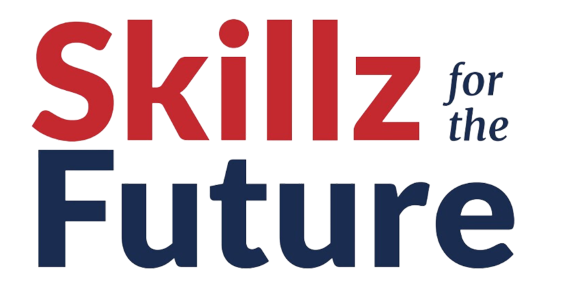In an era marked by technological advancements, the field of education is undergoing a transformative shift towards e-learning. As we explore the world of online education, several key points emerge, shedding light on how this approach is poised to revolutionise the way we learn.
Accessible Education
Access to quality education has been a challenge for many individuals worldwide, often hindered by financial constraints or geographical distances. E-learning emerges as a solution, breaking down these barriers. With an internet connection, students can attend classes from anywhere, making education more accessible and inclusive.
Convenient Learning
Traditional education may demand adherence to rigid schedules, creating challenges for students with work or family commitments. E-learning, with its on-demand classes, offers flexibility. Recorded sessions allow students to tailor their learning around personal life changes, providing convenience without compromising educational quality.
Customisable Programs
Recognising the uniqueness of each student, e-learning enables instructors to tailor educational programs. Unlike traditional methods that follow a fixed curriculum, e-learning allows for personalised courses, catering to individual learning needs. Customisable digital instruction programs empower educators to address diverse challenges encountered in physical classrooms.
Cost-Effective Education
E-learning presents an affordable alternative, particularly beneficial for individuals with limited financial capacity. Traditional educational models, often expensive, become more accessible through online platforms, ensuring that education is affordable across demographics.
Interactive Learning Environment
While virtual classrooms lack the immediate human interaction of physical classrooms, e learning platforms foster interactivity. Online discussion forums, messaging platforms, and real-time communication through video conferencing create engaging learning environments. This interactivity enhances the overall educational experience.
Reduced Carbon Footprint
E-learning contributes to environmental sustainability by minimising physical interaction costs. The absence of daily commuting and associated transport emissions reduces the carbon footprint. In contrast, traditional campus-based programs often entail significant environmental impact, from transportation emissions to extensive energy consumption.
Catering to Different Learning Styles
E-learning recognises and caters to diverse learning styles. Visual elements, audio components, textual materials, and interactive activities are seamlessly integrated into programs to accommodate visual, auditory, reading/writing, and kinaesthetic learners. This adaptability enhances comprehension and retention of information for students with varying learning preferences.
Improved Quality of Life
Distance learning through e-learning eliminates the need for students to relocate or spend significant time and money seeking accommodation. This results in improved quality of life, as students can utilise time more efficiently without the challenges associated with moving or commuting.
Provides Equal Opportunities
E-learning promotes equal educational opportunities by transcending geographical and financial constraints. Learners worldwide can access high-quality education programs, ensuring that knowledge dissemination is not limited by individual circumstances.
The Multifaceted Nature of E-Learning
The potential of e-learning goes beyond traditional teaching methods. From interactive simulations and gamified learning modules to virtual reality environments, the possibilities are limitless. Multimedia materials, including videos, graphics, audio, and augmented reality, engage learners actively, providing a more appealing and effective learning experience.
Embracing the Future of Education
As the world navigates post-pandemic challenges, the adoption of e-learning becomes crucial. Custom e-learning solutions offer a contemporary approach to education, addressing the evolving needs of students and educators. By embracing digital platforms and leveraging modern techniques, education can continue to thrive, fostering critical thinking skills and preparing individuals for the complexities of the future. E-learning stands as a testament to the adaptability and resilience of education in the face of changing landscapes.
